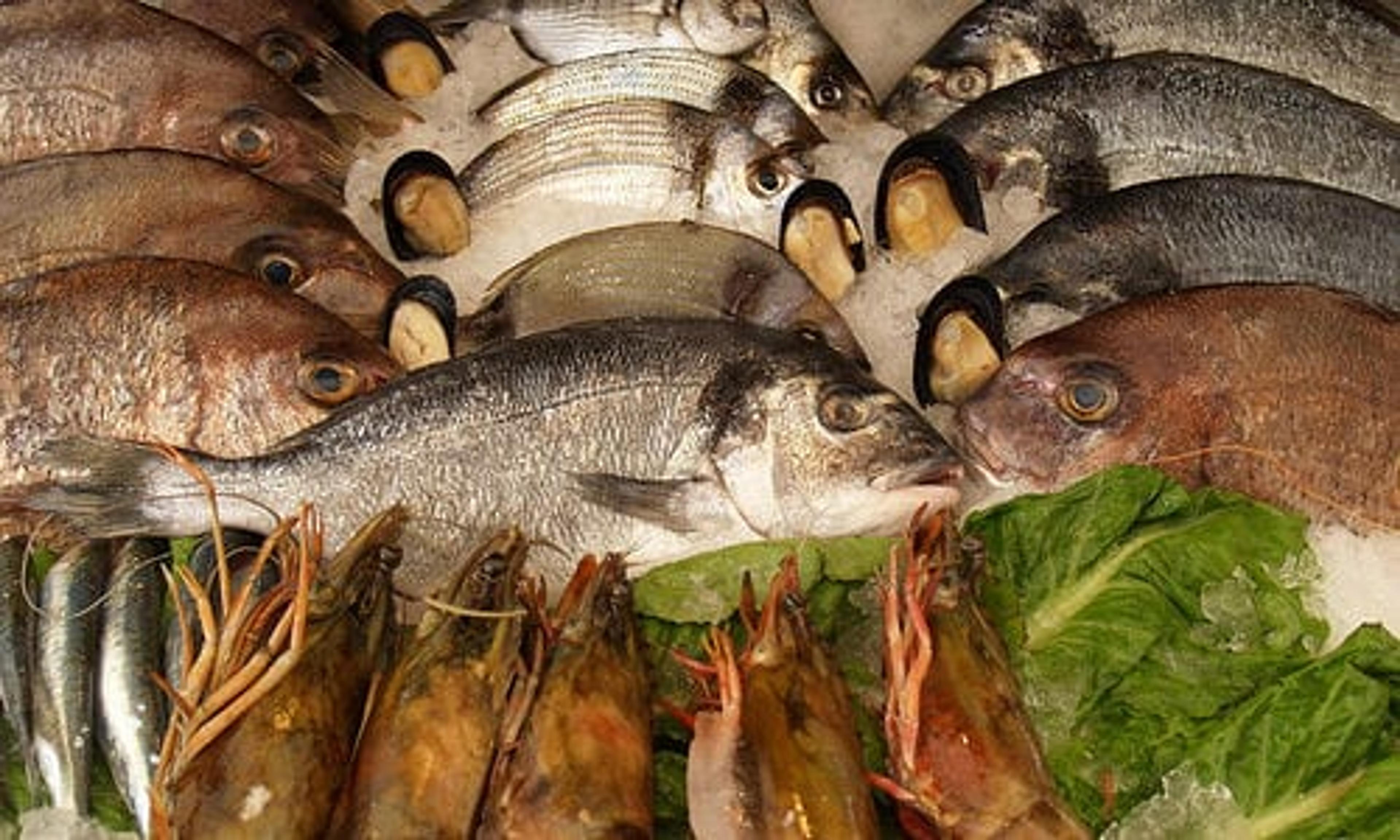Know Your Proteins: Lean, Vegetarian and Other Healthy Sources
Registered Dietician
| 4 min read

As you may have read last week, people are eating too much protein. If you are not sure how much you should have, check out my post explaining how to calculate how much protein you should have. With that being said, here are some healthy protein sources that you should include in your diet to help build lean muscle and avoid overeating fat.
Protein Portion Sizes
The goal when consuming protein is to pick lean choices. What I see happen all the time is that people choose fattier protein sources without thinking about the fat, which adds up quickly.
Like I mentioned before, there are 4 calories in 1 gram of protein and 9 calories in every 1 gram of fat. In protein foods that come from an animal, there is going to be some fat that you have to account for. As the body processes protein, we count it in ounces. So 1 ounce of protein = 7 grams of protein. I know I am giving you a lot of numbers, but if you take your time and read it I hope it will start to make sense.
In the end, what I want you to be very aware of is keeping your portions in control and measured appropriately for your body. Think about it: When you go to a steak house, you aren’t eating just 3 ounces of steak, right? The smallest cut I see is usually 6 ounces, so just account for it appropriately in your day. Also, I am 5-foot-1, so should I be eating as much as my 5-11 husband? Unfortunately, the answer is no. So keep portions in check to avoid over eating.
Healthy Protein Sources
Here are some examples of some lean protein sources. They are categorized as lean because they have no more than 3 grams of fat per 1 ounce of protein. Each of these have the 1-ounce portion/1 serving portion in parentheses:
- Low-fat cottage cheese (1/4 cup)
- Egg substitutes, plain (1/4 cup)
- Egg whites (2)
- Fish: catfish, cod, flounder, haddock, halibut, orange roughy, salmon, tilapia, trout, tuna (1 oz.)
- Game meats: buffalo, ostrich, rabbit, venison (1 oz.)
- Beef: select or choice grades trimmed of fat: ground round, roast (chuck, rib, rump) round, sirloin, steak (cubed, flank, porterhouse, T-bone), tenderloin (1 oz.)
- Lamb: chop, leg or roast (1 oz.)
- Oysters (6 medium)
- Lean pork: Canadian bacon, rib or loin chop/roast, ham, tenderloin (1 oz.)
- Poultry without skin; chicken, turkey, Cornish hen, domestic duck or goose (well-drained of fat; 1 oz.)
- Shellfish: clams, crab, lobster, scallops, shrimp (1 oz)
- Veal: loin, chop, roast (1 oz)
Vegetarian Protein Sources
Even if you are vegetarian or vegan there are a variety of protein sources available to have a well-balanced and nutrient-dense diet. A quick tip I give my vegan friends is to pair a whole grain with a legume or bean at the same meal because this will give your body a complete protein. For example, try pairing a whole wheat tortilla with black beans, or try brown rice with red beans.
Here are some other great vegetarian protein sources that everyone should try:
- Whole grains with protein: quinoa, barley, brown rice, farro and even whole grain breads
- Beans and legumes: black, kidney, garbanzo, lima, navy, pinto and foods made from them, like hummus, falafel and soups
- Lentils: brown, green and yellow
- Peas: black-eyed, split peas
- Soy-based products, soy beans, soy milk, soy nuts, soy yogurt, soy cheese, tempeh and TVP (textured vegetable protein)
- Nuts, seeds and butters: peanuts, cashews, almonds, sesame seeds, peanut butter, almond butter. Be careful not to overeat these due to the high fat content
- Veggie burgers, meat substitutes and seitan (which is the protein of wheat, known as gluten)
What protein food sources do you choose to eat regularly? Are they high in fat or sodium? Protein is an important part of the diet, but remember to keep the portions controlled. Do you have a favorite healthy protein food that I missed?
Photo Credit: palestrina55





